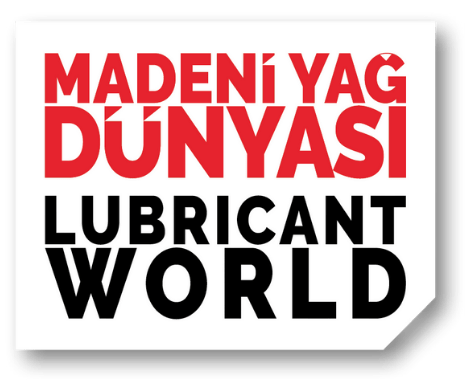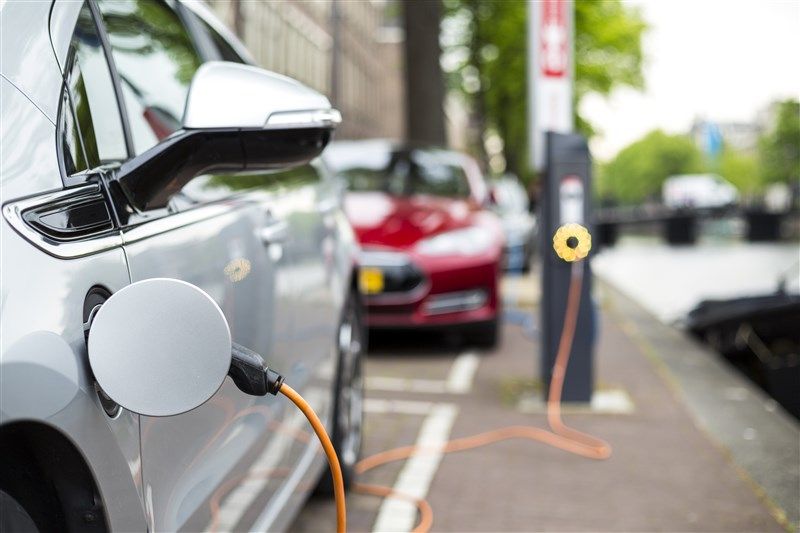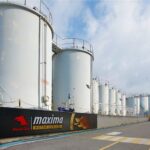With an electric car revolution on its way and an ever-growing appetite for mobile phones, computers and other gadgets, the world needs to find solutions to increase supply and optimize the use of lithium. Part of that solution comes in the form of naphthenic oils.
In 2017, global lithium production was just below 50,000 tons, which is expected to grow fivefold until 2030. As a result of the growing demand and lagging supply, prices are sky-rocketing and annual contract prices for lithium carbonate and lithium hydroxide doubled in 2017.
The International Energy Agency expects a rise from today’s two million chargeable electric cars to 300 million in some 20 years. But demand for vehicle batteries is expected to overtake consumer electronics as the largest consumer of lithium-ion battery power this year already.

Reducing lithium in greases
In round figures, 75 percent of lubricant grease production is lithium-based. Rapidly increasing demand for lithium from manufacturers of batteries is reducing availability and forcing up prices.
This trend creates challenges for grease formulators. The problem is particularly serious for companies that manufacture products in the medium quality range, where it is not possible to fully compensate for price increases through end customers.
But there is an alternative in Nynas naphthenic specialty oils (NSP). Thanks to their good solubility, it is possible to manufacture lubricating greases of the same quality but with up to 50 percent lower lithium content, making the formulation more economical and the lithium stock last longer in the warehouse.
With the changes taking place in the market today, it is apparent that NSP has a much bigger role to play for the lubricating grease industry than ever before.





